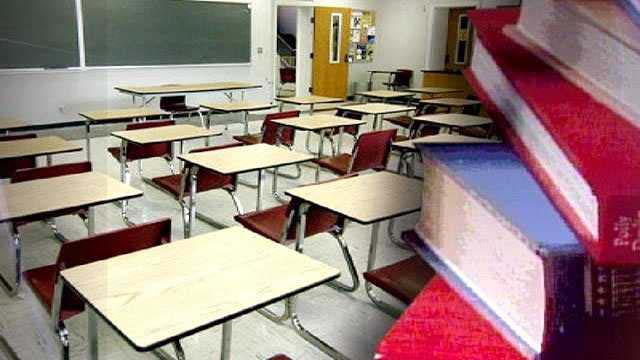He didn’t exactly have a way with words. He was much more the action type.
But when he spoke, people just didn’t hear him, they listened.
John Wayne once described our collective failure to listen as, “You’re short on ears and long on mouth.”
He might have added many people listen to only what’s advantageous to them while intent on their reply.
Barring instructions on how to stay alive, few listen with the intent to understand.
Take for example last spring’s listening tour sponsored by the state Department of Education in eight sites across West Virginia.
That effort was an attempt to provide input to legislators intent on “reforming” the state’s public education system.
But despite finding 88 percent of respondents opposed public charter schools in a report on those roundtable discussions, that issue was included in House Bill 206.
We couldn’t help but recall the results of that listening tour as the state Board of Education began another such initiative this week.
This tour kicked off in Mingo County on Monday and is scheduled to be in Morgantown on Wednesday, with four more events to take place later in October.
The local event is set from 6-8 p.m. at the Monongalia Technical Education Center.
The idea is to provide the public — parents, teachers, students and the community — an opportunity to speak up about issues that have come up since HB 206 was passed and other issues in their schools.
Some general topics expected to come up include flexibility around curriculum; credits and standards; teacher recruitment and retention; local school improvement councils, etc.
Other issues that may emerge from HB 206, including open enrollment, charter schools (of course) and financial support for small and struggling counties.
The listening tour will also include an online survey, and it will all lead to a report by Dec. 1.
We don’t dispute the usefulness of these listening sessions to the public and state education officials.
And unlike the spring sessions, the focus now is not on simply what the lawmakers that drafted HB 206 want to hear.
We urge our community across this region to turn out for this session and engage the state BOE on the real concerns of the real stakeholders, not politicians’ agendas.
Although the Legislature did not listen to the feedback the first time around, it’s the state BOE doing the listening and interacting this time.
It’s members actually read the public comments and vote on the policies developed by the Department of Education.
That’s a lot better advised approach to education in words and action than you’ll ever get from the Legislature.




